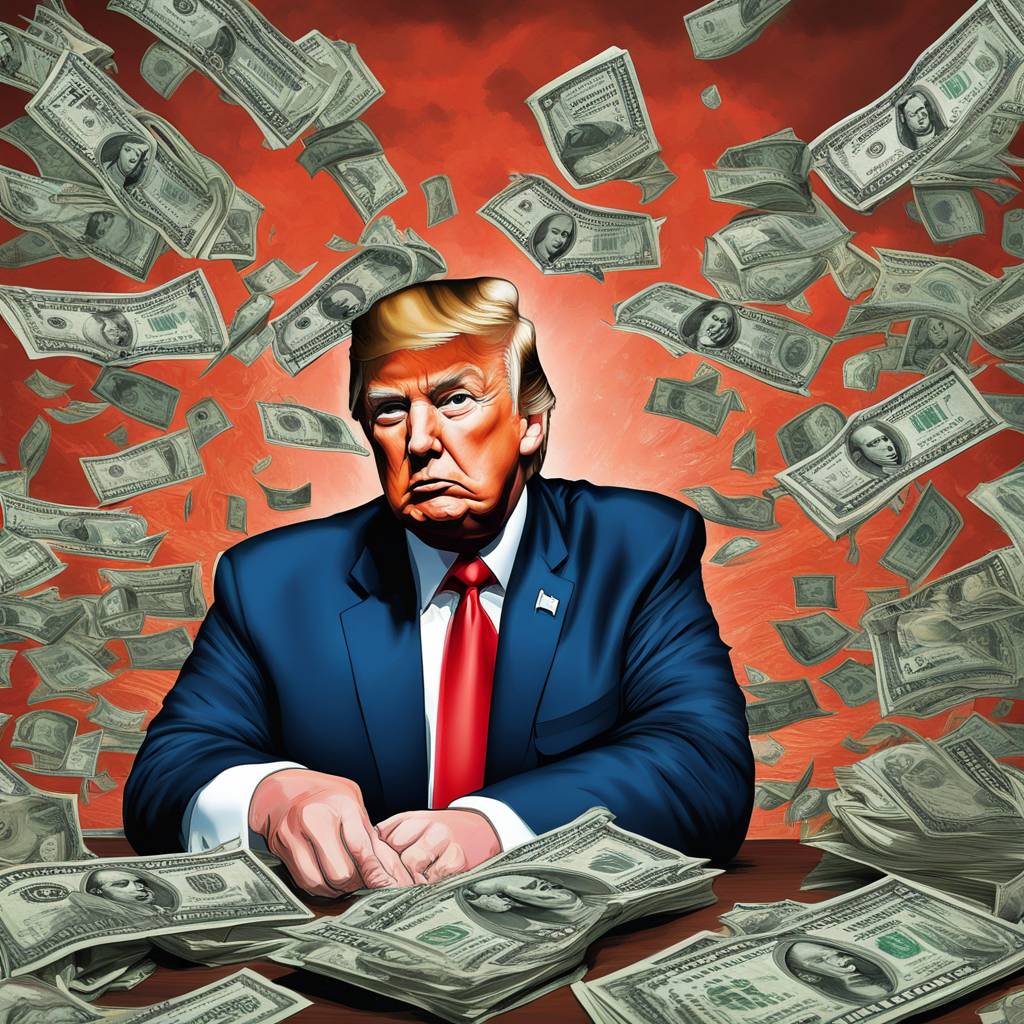A judge imposed a gag order on Donald Trump ahead of his criminal hush money trial in New York, citing the former President’s threatening and inflammatory statements about figures involved in the case. The limited gag order prohibits Trump from making public statements about likely witnesses, jurors, lawyers, court staff, and their family members if they could materially interfere with the case. However, Trump is allowed to speak about Alvin Bragg, the district attorney prosecuting him, and is not specifically barred from criticizing the judge. Trump’s campaign spokesman criticized the gag order, claiming it restricts his core political speech protected under the First Amendment.
The judge’s decision to impose the gag order came in response to Trump’s attacks on the judge as a “Trump Hater” and his calls for recusal from the case. Trump also brought the judge’s daughter into his attacks by pointing to her work for a Democratic consulting firm. The gag order was granted shortly after the judge scheduled the trial to start on April 15, denying Trump’s attorneys’ request for further delays. Despite the imposition of the gag order, Trump expressed willingness to testify in the trial and has faced previous gag orders in other cases where he is involved.
The gag order ruling referenced Trump’s remarks about the judge’s daughter and his attacks on witnesses like Michael Cohen, his former lawyer set to testify in the trial. The judge emphasized the risk of harm posed by Trump’s statements against the court and family members and highlighted the inflammatory nature of his remarks. Trump’s attorneys contended that imposing restrictions on his speech would be unconstitutional and unlawful, arguing they would continue to comply with the court’s instructions to avoid prejudicing the trial process. However, the judge was unconvinced by their proposal and proceeded to implement the gag order on Trump.
The gag order imposed on Trump in his New York criminal trial is in addition to a separate gag order in a federal case in Washington, D.C., where he faces charges related to his efforts to overturn the 2020 election results. While a federal appeals court narrowed the gag order in that case to allow Trump to speak about his special counsel, Jack Smith, he remains subject to speech restrictions. Trump was also previously under a gag order in a civil fraud case, where he was found liable for fraudulent behavior. These gag orders highlight Trump’s history of making inflammatory remarks about participants in legal proceedings against him, including jurors, witnesses, lawyers, and court staff.
Alvin Bragg, the district attorney in Trump’s criminal hush money case, noted Trump’s long history of making inflammatory public remarks about various participants in legal proceedings against him. Bragg’s request for a gag order aimed to prevent Trump from prejudicing the trial process through his statements. Trump’s attorneys’ argument against the gag order was based on the protection of his First Amendment rights to political speech, but Merchan’s ruling prioritized the need to avoid harm posed by Trump’s inflammatory rhetoric. Despite Trump’s willingness to testify in the trial, the imposition of the gag order limits his ability to publicly comment on the case’s key figures and the judicial process.













